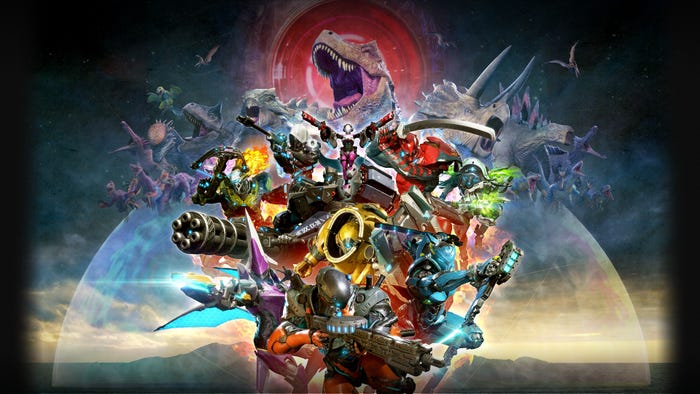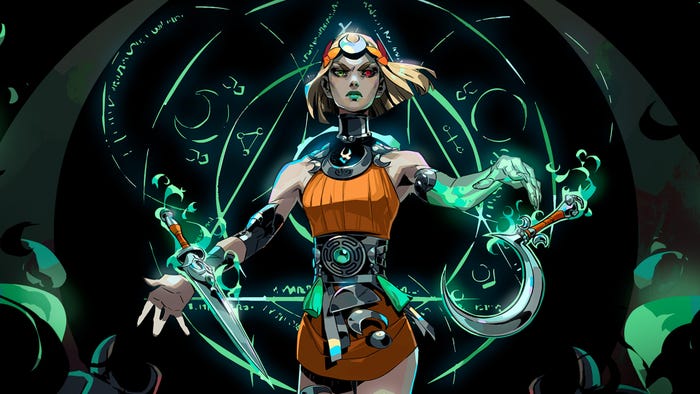PC is the mother of gaming, Sony/MS consoles are sterile
Bioware declared CVG that "PC is made for gaming". They mention controls, of course, but also genres fit for it. What's with genres that makes PC the mother of all gaming platforms? Let's see to it.

Console sales(always referring to XBLA and PS3) are always identical, it's a block formed of identical customers, squared in a type of ludic fascism, while everything on PC is free of rules, changable, open, and this forces a slowdown in megalomaniac production costs.
PC hosts every genre that holds on to its peculiar mechanics, a genre that doesn't give up its niche uniqueness, the platform welcomes players of a dozen different specie. Could that be the reason why PC players download a game that's too flat? Because they buy only the games that belong to the genre they love? That's going too far, maybe. From this point of view, the sometimes inferior sales on PC are the sign of the platform's vitality, its strength. Some equal big volume of sales to health, they don't see that this mechanism is a swelling up that's slowly destroying them.
On the PC niches dominate with about 100 wargames per year, and rpg's, puzzle adventures, simulators, and obviously RTS'. Consoles instead have no niches, or they're a marginal phenomenon that has no impact on new titles. There are no "pure" genres anymore! Even JRPG's, they're less and less interactive, because the more they cost, the more people they have to attract to them, and these people are not old players, they're movie fans who eat popcorns on the sofa. the old community was squashed like a parasite, they had to cater to a new kind of player who in the end despises "actual" games but loves movies, cool effects, sexy characters, a lot of romance and drama. This is hybridation, console genre is a non-genre ever since it embraced the so-called "action-adventure" label and cutscenes mindset. Final Fantasy suddenly stopped being an RPG, it became a film, and the same happened to Metal Gear Solid franchise.
What are the consequences of all this?
Console players will buy anything as long as it feels like a movie. When they design a game on PC, instead, developers have to pay their respects to the tastes of the niche players, because THEY decide; The niches, and how the new game is respectful to them, determine the economic success.
See the new X-Com: I would have never expected PC players to react as they did. Every marketing-expert porphiric-rat can predict console folks tastes because, i repeat, they're people who simply want independence-day glamour in their games, a game that simply gratifies them with rifles and long(and always hard) swords; while nobody could predict PC players standing up angrily, demanding respect for their good old brand. They ACTUALLY want a turn-based RTS!!!?
That's PC community and market: it's an incontrollable and unstable sea in turmoil... but my god,so much life, so much devotion and love. Isn't that the definition of Mother?
Another example could be Dragon Age. Bioware had to be deferential to the old niche of RPG'ers... they wanted a new game but also a new Baldur's Gate. While console players didn't even know what they were playing, they only enjoyed "feeling immersed in a cool world". Mass Effect instead was again a bastard son. It was neither an FPS, nor an RPG. It had more story, more film than anything.
This does not mean that consoles welcome experimentation and PC doesn't, because you can innovate being faithful to the more complex mechanics of a genre. Console titles are not innovative, they're simply non-games who renounce the deeper sides of interaction. Evolution doesn't mean forgetting that an adventure game needs to have items and verbs, it doesn't mean that RTS and RPG's need less numbers and complexity.
Betraying niches is not innovation, PC never did and that's why it's the mother-platform.
Read more about:
BlogsAbout the Author(s)
You May Also Like













